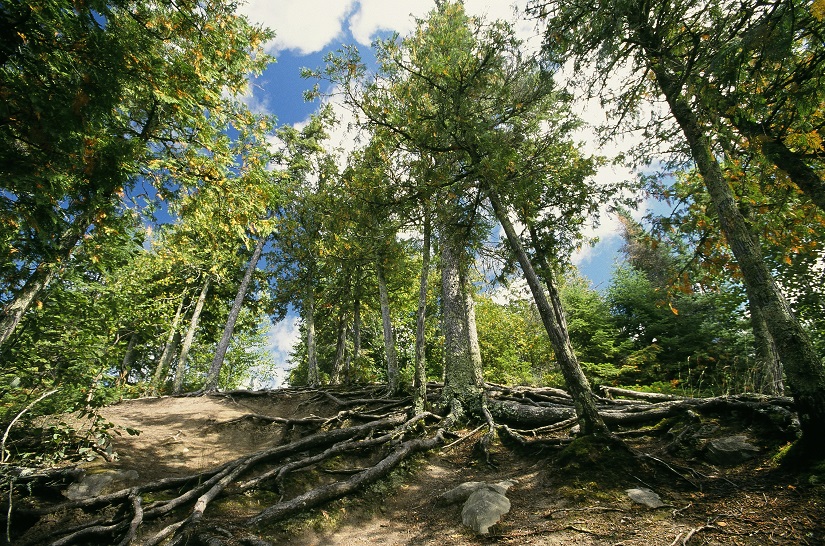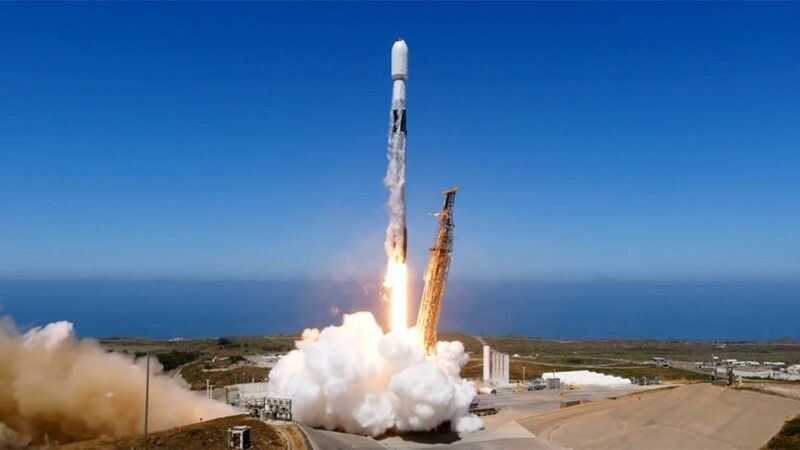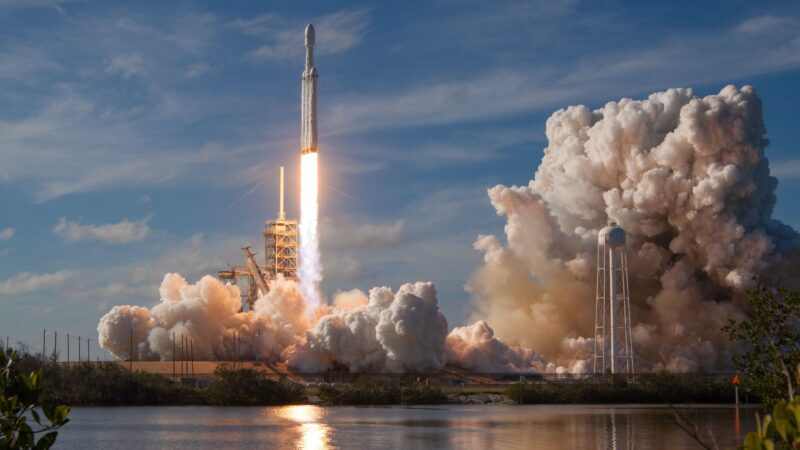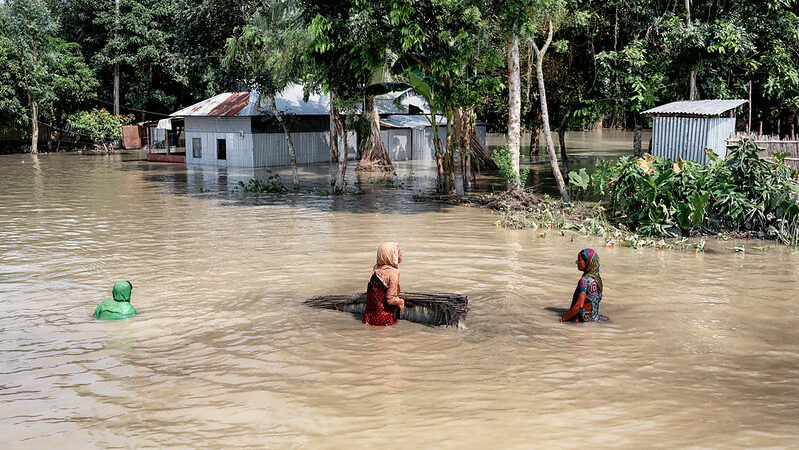Biodiversity: The need for an agreement to safeguard nature is growing

As the penultimate day of talks in Geneva approaches, a worldwide accord to reverse the loss of nature and halt extinctions is edging closer.
In preparation for a high-level conference in China later this year, international negotiators are working on the language of a UN framework to protect the environment. There are still disagreements, especially about how to fund the initiatives.
At the Cop15 summit in Kunming, China, the final version of the draught UN Convention on Biological Diversity (CBD) will be negotiated. The Cop15 summit is expected to take place at the end of August.
The outcome will determine how the world approaches the challenges of reducing the extinction risk that threatens over one million species, protecting 30% of land and sea, eliminating billions of dollars in environmentally damaging government subsidies, and restoring degraded ecosystems in the coming decades.
The focus of talks in Geneva over the previous two weeks has been on bringing the tentative agreement forward.
By 2030, the draught document aims to raise finance to at least $200 billion per year, with developed-to-developing-country investment increasing by at least $10 billion each year.
On a scale of at least $500 billion per year, the purpose of subsidies is to “redirect, reallocate, modify, or eliminate harmful incentives for biodiversity.”
The new Global Biodiversity Framework (GBD) is being compared to the Paris Climate Agreement in terms of biodiversity. Biodiversity refers to the variety of living organisms on Earth and how they interact in a complex web of life that provides us with food, clean air, and clean water.
Scientists have given several warnings about the hazards to nature posed by human activity, such as the logging of forests and the conversion of natural land to agriculture.
A major 2019 report warned that nature was vanishing at unprecedented rates in human history, with up to one million species on the verge of extinction.
Due to multiple delays caused by the COVID epidemic, the Cop15 conference in Kunming is expected to take place over two years later than intended.
As a result, there are no benchmarks in place for minimising extinctions and reversing global environmental degradation in the coming decade.






